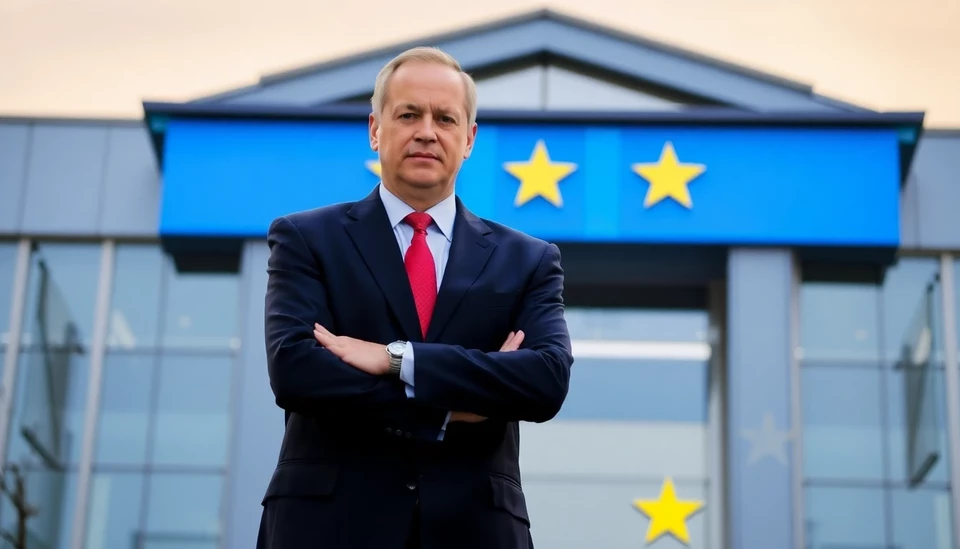
The Slovak Prime Minister’s effort to appoint his ally, Igor Matovič, as the new governor of the European Central Bank (ECB) has encountered significant challenges. This move was particularly aimed at positioning Slovakia’s Central Bank Governor, Peter Kazimir, out of his influential role amidst ongoing tensions and adjustments within the eurozone financial landscape.
According to reports, the Slovak leader's initiative is faltering as discussions around Kazimir's potential replacement grow complicated. The backdrop of this political maneuvering includes critical economic considerations, such as inflation and monetary policy direction, which are pivotal to the future of the eurozone.
Slovakia's government has been under scrutiny as it grapples with rising prices and an economic environment that requires astute management. Kazimir, a key figure in the ECB since 2019, has been recognized for his responses to these challenges, making his removal a contentious topic among various stakeholders.
With the ECB at the helm of monetary policy for the eurozone, selecting the right governor is crucial. The appointment is not merely a domestic matter for Slovakia but has significant implications for the wider euro-area economy, particularly as it navigates faltering growth and inflationary pressures.
Despite Prime Minister's steadfast support for Matovič, influential figures and analysts within the eurozone are cautious about the potential shift in leadership and its alignment with the ECB's objectives and the prevailing economic climate. There is mounting pressure on the government to present a compelling case for this leadership change against the backdrop of Kazimir’s record during his tenure.
As the internal and external debates continue over the proposed appointment, the Slovak government faces the pressing challenge of building consensus and garnering support for its decisions. The outcome remains uncertain, and it’s critical for the Prime Minister that he manages the fallout from this initiative, which has widely raised eyebrows among political observers.
This development in Slovakia not only highlights the domestic political dynamics at play but also underscores the broader ramifications for eurozone strategy and governance as economic challenges intersect with political ambitions.
In the coming weeks, attention will remain focused on how the Slovak government navigates this pivotal issue, with potential implications for both its domestic standing and its role within the European Central Bank's policymaking framework.
As discussions around Kazimir's future intensify, Slovakia finds itself at a crossroads, reminding all stakeholders of the intricate balance between national politics and regional economic stability.
#Slovakia #ECB #Kazimir #Matovic #Eurozone #MonetaryPolicy #Economy #Politics
Author: Rachel Greene




